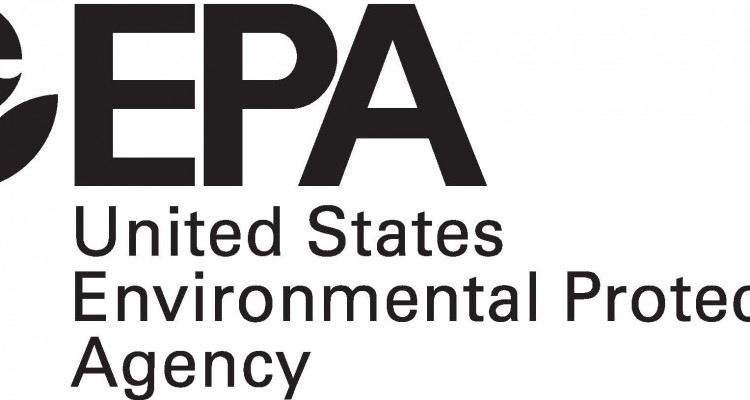EPA wants to ban converting road cars into racing cars.
Recently, a press release by SEMA took the American gearhead community by storm, and for good reason. It seems the Environmental Protection Agency (EPA) is attempting to make it illegal to covert a road car into a racing car, by banning a number of modifications.
This seems to go against not only our passion, but an entire industry as well.
Check out the press release below:
EPA SEEKS TO PROHIBIT CONVERSION OF VEHICLES INTO RACECARS
— SEMA to Oppose Action as Threat to Modified Racecars and Parts Suppliers —
Washington, DC (February 8, 2016) – The U.S. Environmental Protection Agency has proposed a regulation to prohibit conversion of vehicles originally designed for on-road use into racecars. The regulation would also make the sale of certain products for use on such vehicles illegal. The proposed regulation was contained within a non-related proposed regulation entitled “Greenhouse Gas Emissions and Fuel Efficiency Standards for Medium- and Heavy-Duty Engines and Vehicles—Phase 2.”
The regulation would impact all vehicle types, including the sports cars, sedans and hatch-backs commonly converted strictly for use at the track. While the Clean Air Act prohibits certain modifications to motor vehicles, it is clear that vehicles built or modified for racing, and not used on the streets, are not the “motor vehicles” that Congress intended to regulate.
“This proposed regulation represents overreaching by the agency, runs contrary to the law and defies decades of racing activity where EPA has acknowledged and allowed conversion of vehicles,” said SEMA President and CEO Chris Kersting. “Congress did not intend the original Clean Air Act to extend to vehicles modified for racing and has re-enforced that intent on more than one occasion.”
SEMA submitted comments in opposition to the regulation and met with the EPA to confirm the agency’s intentions. They indicated that the regulation would prohibit conversion of vehicles into racecars and make the sale of certain emissions-related parts for use on converted vehicles illegal. Working with other affected organizations, including those representing legions of professional and hobbyist racers and fans, SEMA will continue to oppose the regulation through the administrative process and will seek congressional support and judicial intervention as necessary.
The EPA has indicated it expects to publish final regulations by July 2016.
You can read this Press Release at SEMA’s website HERE.
Does this mean what we fear it means?
Well, it has certainly sparked a huge reaction, with multiple petitions against this legislation. An official petition to the US government can be found HERE. Another one at Change.org has also been made, it can be found HERE.
But, upon further research, this might not mean what we feared it meant.
Laura Allen, an spokeswoman for the EPA, recently released a statement clarifying what the new legislation implies:
People may use E.P.A-certified motor vehicles for competition, but to protect public health from air pollution, the Clean Air Act has—since its inception—specifically prohibited tampering with or defeating the emission-control systems on those vehicles.
The proposed regulation that SEMA has commented on does not change this longstanding law, or approach. Instead, the proposed language in the Heavy-Duty Greenhouse Gas rulemaking simply clarifies the distinction between motor vehicles and nonroad vehicles such as dirt bikes and snowmobiles. Unlike motor vehicles—which include cars, light trucks, and highway motorcycles—nonroad vehicles may, under certain circumstances, be modified for use in competitive events in ways that would otherwise be prohibited by the Clean Air Act.
EPA is now reviewing public comments on this proposal.
You can read more about this clarification HERE.
It seems the community was a tad too quick to react, but this kind of would-be legislation seems like a plausible dystopian scenario for some, and with the ever growing focus on environmental issues, the original interpretation of the EPA regulations could still be a possibility in the future.

